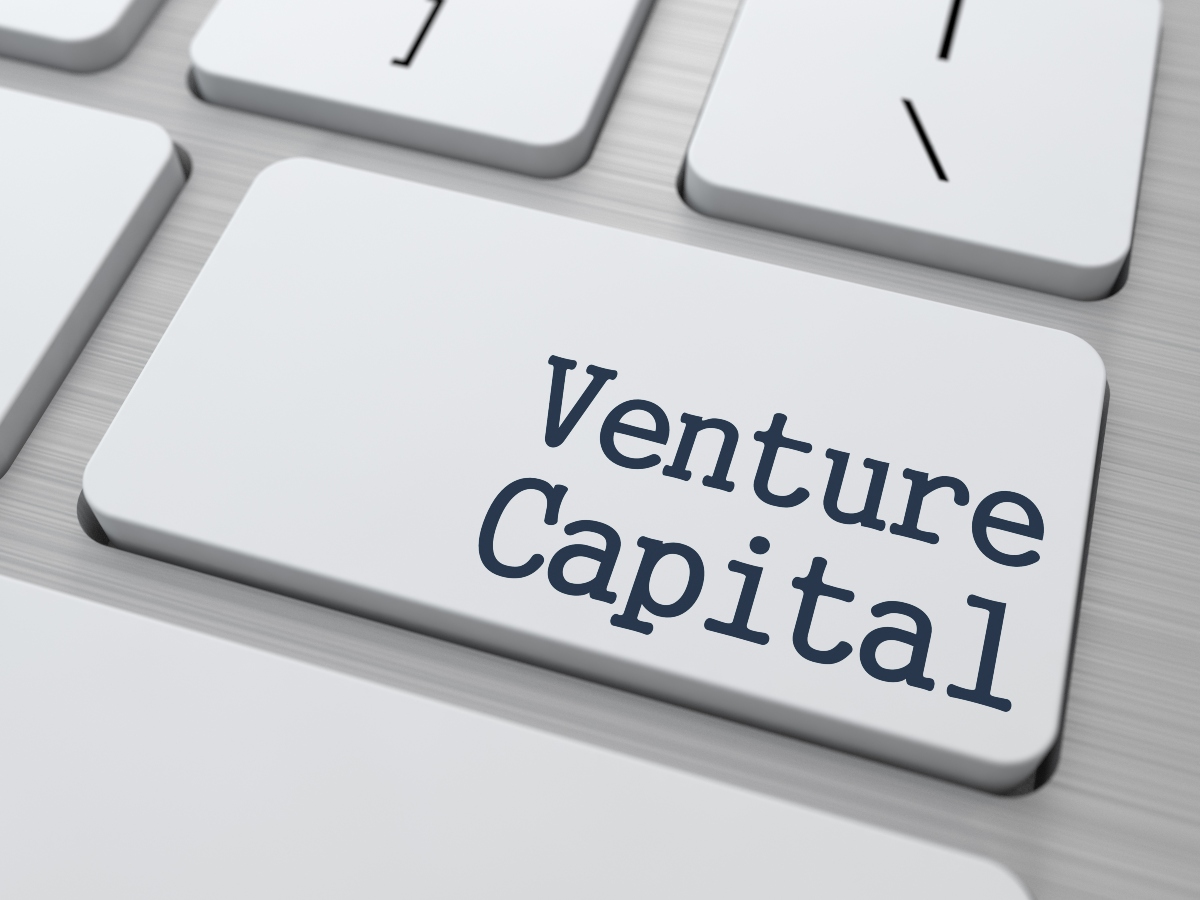PE/VC Investments Dipped In February: Report.
PE/VC investments fell by 78% in terms of value and 59% in terms of volume.

PE/VC investments were US$3.7 billion in February 2023, 44% less than in February 2022 (US$6.6 billion) and 14% less than in January 2023. In terms of deal volume, February 2023 saw a 60% year-on-year fall and a 27% consecutive decline. Pureplay On a year-over-year basis, PE/VC investments fell by 78% in terms of value and 59% in terms of volume. By contrast, the infrastructure and real estate asset class among PE/VC saw a growth of 115% annually and 9% from January this year.
Why did PE/VC investments plummet?
The bankruptcy of SVB and the succeeding extension of the problem to other mid-market American banks serving the technology industry, he continued, have risen widespread uncertainty and may deter investors from placing risky investments soon. In February 2022, the venture investing sector infused USD 6.6 billion in businesses; in January 2023, the data was USD 4.314 billion.
Investments.
According to the statistics, there were 139 transactions in February 2022, down from 55 in February, representing a 60% decline in activity when compared to 75 transactions in January this year.

Real estate led the way with USD 2.4 billion of the total USD 3.7 billion in investments. February 2023 had 9 significant deals (deals of more than US$100 million) totaling US$3 billion, a 38% decrease year on year. Ivanhoé Cambridge, CDPQ’s real estate division, and Temasek announced a US$1.9 billion fundraising in February 2023 to set up an investing platform for Indian office assets.
Real estate was the leading sector in February 2023, powered by a single significant deal by CDPQ and Temasek, which documented US$2.4 billion in PE/VC investments over 5 deals in February 2022 (12 deals totaling US$869 million). Technology was the second-largest industry, with US$362 million reported over 15 deals (25 transactions totaling US$1.5 billion in February 2022). The financial services industry was the third largest (US$1.3 billion in February 2022) with US$305 billion registered across 13 deals.
Buyouts were the most valuable deal class in February 2023, with US$1.9 billion spent across three deals, as compared to US$1.6 billion invested across 9 deals in February 2022, a 21% increase in value terms.
Startup investments were the second biggest, totaling $719 million across 38 transactions in February 2023, compared to $2.8 billion across 96 transactions in February 2022, representing a 75% decrease in terms of value and a 60% decrease in terms of volume. In February 2023, credit investments totaled $472 million over 5 deals, compared to $479 million across 12 deals in February 2022.
Growth investments fell the most in February 2023, falling 87% in value (US$222 million in February 2023 vs. US$1.7 billion in February 2022) and 78% in volume (four deals in February 2023 vs. 18 deals in February 2022).
Exits.
According to the report, February 2023 saw 11 exits for USD 731 million, compared to USD 1.4 billion over 13 deals in February 2022 and USD 898 million across 20 deals in January 2023.
The open market departures were the most valuable, totaling $531 million over five deals. Secondary departures were the second biggest, totaling US$200 million over two transactions.
The most significant departure occurred in February 2023, when BPEA EQT sold about a 10% stake in Coforge for $295 million.

Fundraise.
The total amount raised in February 2023 was $881 million, up from $347 million in February 2022. Kotak Alternative Assets raised the most money in February 2023, raising $590 million for its Kotak Data Centre Fund, which would infuse data centers, enterprise cloud, 5G, and IoT.
The highlights.
While ethical investing and the review of environmental, social, and governance (ESG) factors are not new ideas in private equity investment, the gravity that such ESG considerations are given in private equity firm’s investment decisions and portfolio management strategies has undeniably increased. In a very short period, ESG problems have risen from the periphery to the forefront of the business agenda.
Climate change has taken the limelight to be the most pressing environmental problem, with rising urgency as many governments and businesses around the world commit to net-zero carbon pursuits. This is evident in the investment selections of PE/VC funds.
In India, during the previous five years, clean energy investments have made up a sizeable portion of all environment-focused PE/VC investments, accounting for 61% of all investments. Nonetheless, during the last several years, investments in the electric car ecosystem have increased, with approximately US$3 billion in PE/VC investments received between 2021 and 2022. ESG-focused investments are projected to gain more relevance in the future for PE/VC funds, shifting from compliance to impact and value creation.

With the government’s pursuit of achieving net-zero emissions by 2070, increasing renewable energy ability to 500 GW by 2030, meeting 50% of energy needs from renewable sources, and achieving EV sales entry of 30% of private cars, 70% of commercial cars, 40% of buses, and 80% of two and three-wheelers by 2030, the investment prospect is predicted to grow.
Edited by Prakriti Arora




